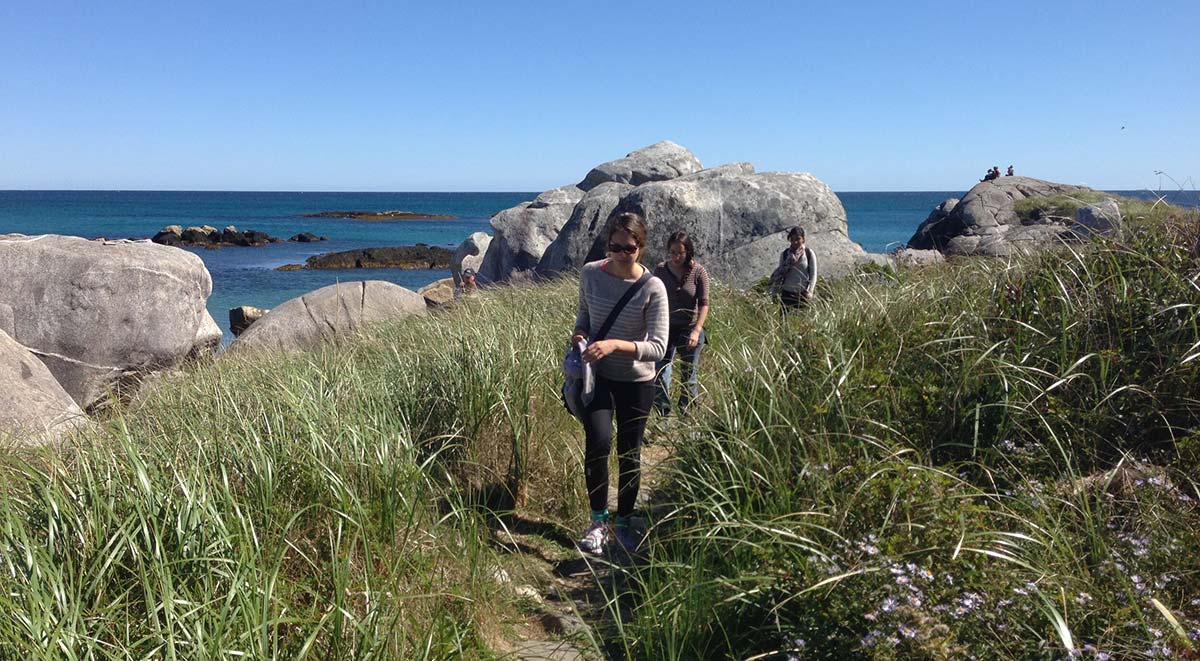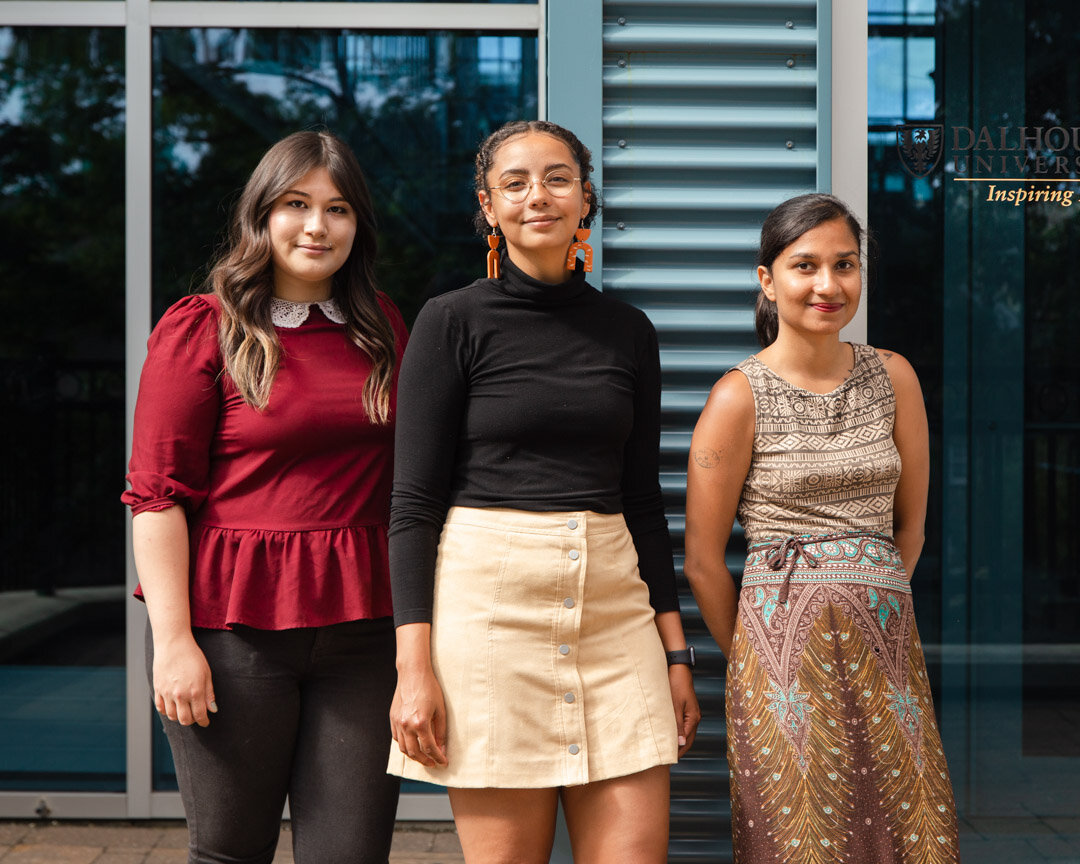”“As women of colour, we have noticed firsthand that as we continue to climb the academic ladder, the diversity of our cohort continues to diminish.”
Frustrated by empty diversity and inclusion statements and affected by the recent violence against racialized people across North America, Catalina Albury, Suchinta Arif and Melanie Massey decided that in order to enact change in their field, they had to act.
In early summer 2020, the trio of Dalhousie University graduate students teamed up to found Diversity of Nature—a program striving to provide empowerment and access to Black, Indigenous and People of Colour (BIPOC) secondary and post-secondary students interested in pursuing science.

What the project accomplished
The Fathom Fund provided Diversity of Nature (DoN) with a start-up fund to create a strong foundation for a long-term, BIPOC-led, scientific outreach organization. They have reached hundreds of BIPOC youth across Nova Scotia through their annual three-day ecological daycamp and monthly outreach events for secondary school students. Thanks to the financial support, these programs could be offered at no cost to participants.
They also administered surveys with participants and have found DoN’s events had a positive effect on students’ sense of belonging in ecological and marine science. The team plans to publish results from these surveys in 2023. In the meantime, the team have authored paper on how to advance equitable, inclusive science.
Diversity of Nature’s work continues, with their annual ecological camp, outreach events, and publications in the works. They are also working with Dalhousie to promote the success of underrepresented students in the sciences and have created a toolkit to share with first-year students to help them successful navigate building a career in STEM.

Photo: Carolina Andrade
Project Team
Suchinta Arif is a PhD researcher at Dalhousie University, where her research focuses on applying observational causal inference methodologies to understand causal relationships in marine systems. Her work has mainly focused on understanding the causes and consequences of anthropogenic stressors on coral reef ecosystems. Suchinta is expected to graduate this year, after which she will begin her postdoctoral research at the Future of Marine Ecosystems Lab at Dalhousie University. Here, she will work with community members and stakeholders to co-create scenarios of future ocean use for the Maritime region, to ultimately provide climate-adaptive solutions for the region. In addition to marine conservation research, Suchinta remains passionate about teaching, community outreach, and mentoring the next generation of scientists.
Melanie Duc Bo Massey is a PhD researcher at Dalhousie University who is broadly interested in environmental variability (fluctuating changes in temperature, salinity, dissolved oxygen). She is currently studying fish physiology as it relates to environmental variability and climate change. Previously, she worked on how thermal variability and unpredictability due to climate change affects turtle embryos.
Catalina Albury was involved with this project while a MSc researcher at Dalhousie University studing polar microbial physiology and function with proteomics and metabolomics. Catalina co-founded of the Dalhousie Applied Scientific Coding (ASC) Society, which aims to make scientific programming accessible to underrepresented groups in STEM via community outreach and workshops.



